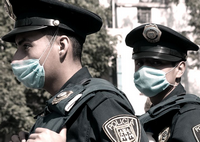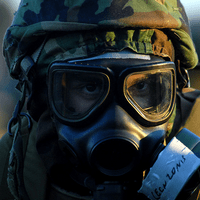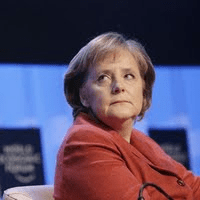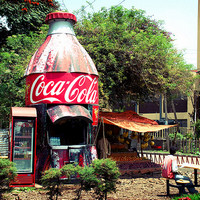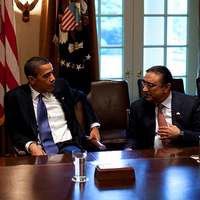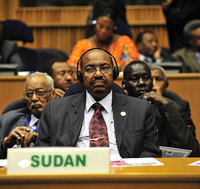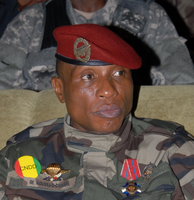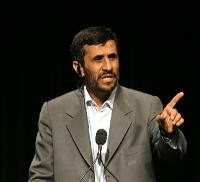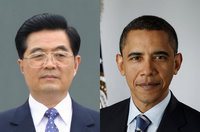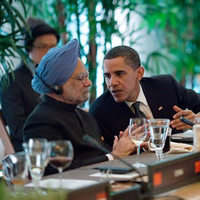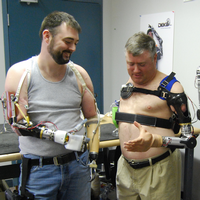
If you ask Spc. Daniel McBroom of the Army National Guard, the hardest part of war was the wind. “Physically and mentally, the wind was the worst,” he recalls. “This endless hot wind, like 100-degree fans turned toward your body.” But McBroom, 23, who returned in June after serving a year in Iraq, says that the toll of war will be different for everyone. “There’s no doubt it will mark you, change your body. But I don’t think anyone can predict what that change will be.” McBroom is one of nearly 1.5 million Americans enlisted in the U.S. armed forces, […]

